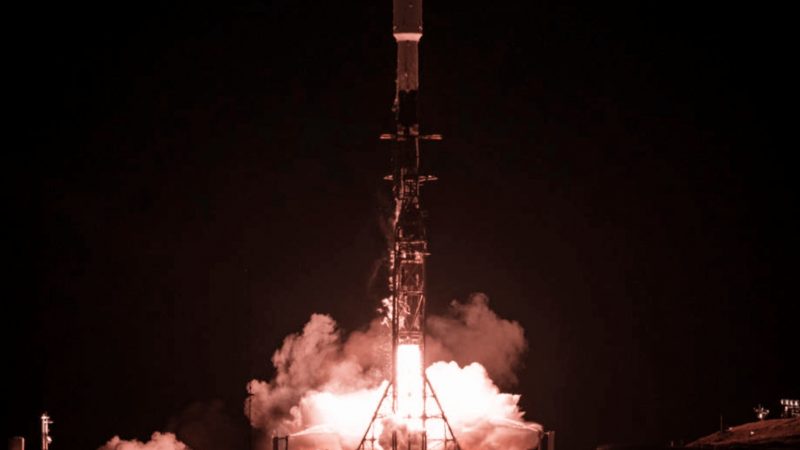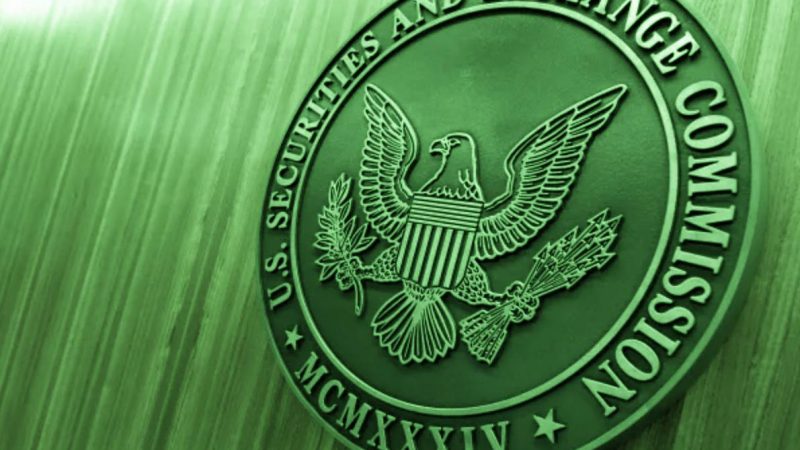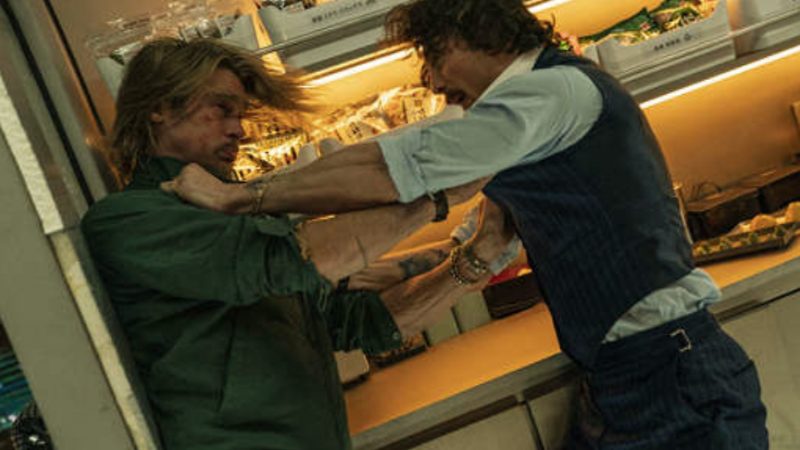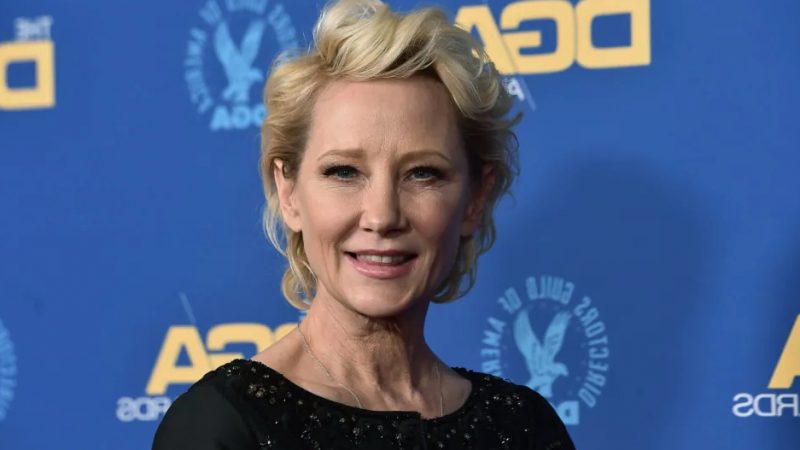Sri Lanka Economic Crisis: All You Need To Know
Sounds unrealistic? But this has become a reality in Sri Lanka. The island off the southern tip of India is in the midst of the worst financial crisis since its independence in 1948.
Reason Behind Sri Lanka Economy Crisis
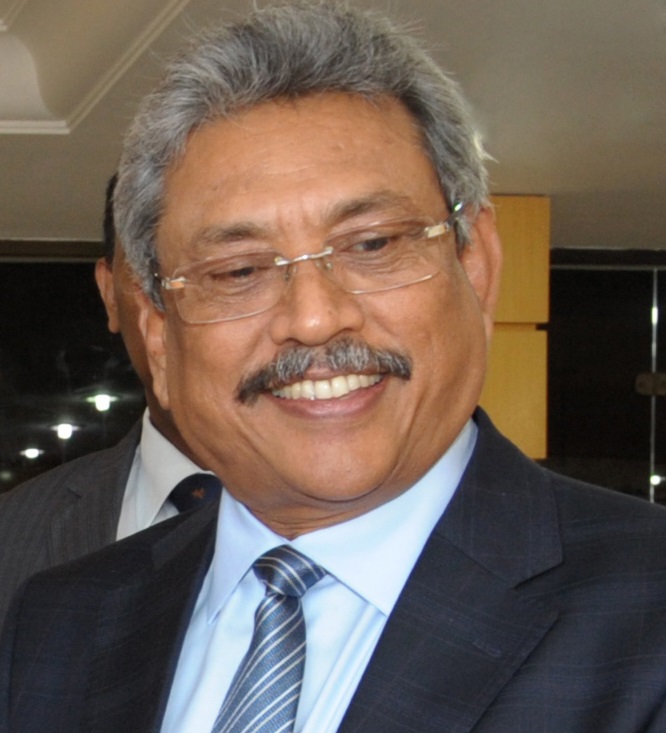
Well, the crisis has been over a decade. Sri Lanka is a classic twin deficits economy, which means the country’s national expenditure is more than its national income. Over the past few years, the country’s foreign reserves fell by 70%, thanks to surging inflation.
But the pandemic and economic policies by president Gotabaya Rajapaksa made the situation worse. First, as COVID-19 hit, Sri Lanka lost significant foreign income from tourism. Then, tax cuts by the Rajapaksa government reduced the flow of federal income.
High-interest sovereign bonds borrowed by successive governments and billions in loans from countries including Japan and China have left the country with high foreign debt repayments.
Moreover, an outright ban on fertilisers crippled the country’s farming sector resulting in the ongoing shortage of vegetables and fruits.
The country of nearly 22 million (2020) people now owes $15bn in foreign bond repayments, with $1bn repayments required as soon as June. But there is barely anything left in the country’s government reserves.
This leaves Sri Lanka on the brink of bankruptcy.
The Reaction
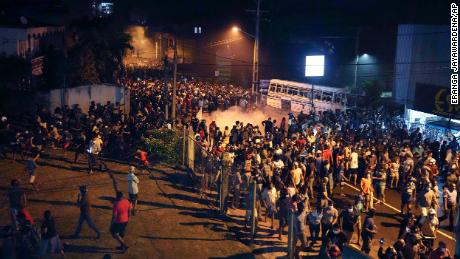
The entire Sri Lankan cabinet of 26 ministers, except President Gotabaya Rajapaksa and Prime Minister Mahinda Rajapaksa, has resigned as anti-government protesters defy curfews. In Colombo, armed soldiers confront heavy crowds, demanding the president’s resignation.
On April 3, authorities banned access to social media platforms for nearly 15 hours to prevent protests. But, Namal Rajapaksa, a Sri Lankan minister, says that the availability of VPNs makes the ban completely pointless.
The country witnessed nationwide protests as citizens broke curfew. Protests were staged in apartment complexes, small streets, and multiple areas. The opposition Samagi Jana Balawegaya (SJB) also organized a protest in the capital with slogans of “Go Gotabaya Go.”
Centre for Policy Alternatives in Sri Lanka said that regulations might restrict some fundamental rights, including the rights to freedom of expression, association, movement, assembly, culture, language, religion, and occupation. According to lawyers, the regulations have ordered police to arrest people for unlawful assembly and protests.
Lending a helping hand to Sri Lanka, India has extended financial assistance worth over $1.5 billion. China has reconsidered the help of US$2.5 billion to help the country navigate the economic crisis.
But it’s hard to say when or even if the country will be able to overcome the crisis. As of now, even the well-off people are struggling to feed themselves and their families. Life is disrupted as basic goods have become out of reach due to their shortage and hefty prices.
<< Previous